We are in the midst of a global water crisis, with floods and droughts becoming commonplace. Climate change, population growth and increased pollution will all put even greater pressure on global water resources.
What does this mean for the UK? It will mean higher water prices; it will mean more restrictions on use; it will mean interruptions in supply; it will mean constraints on growth and development as water neutrality and catchment nutrient limits spread across the UK. And this isn’t a prediction of what may happen, it’s happening now.
The water challenges all organisations are going to face
Very few organisations within the UK are prepared for this new reality and all face pressing questions.
- How would your business cope with no water?
- Do you have alternative supplies?
- Do you have a water strategy?
- Do you monitor your water use?
- What do your customers think of your water use?
Add into this mix the need for improved hygiene and better washroom design, increased pressure for water reuse, constraints on wastewater discharges, evolving legislation, and more and suddenly managing water across a business becomes very complex.
Why do you need a water management strategy?
Many organisations have no idea of the true cost of the water that they use, because that cost is hidden in the balance sheet. Putting in place an effective water management strategy identifies what that cost really is and can help you reduce it very significantly. Too often organisations consider water use in isolation without considering the full cost of all aspects of water usage. The true cost of your water use goes far beyond simply what you pay via your water bill and consequently the benefits of a water management strategy go beyond simply saving you money.
A water management strategy tells you:
- Where all the water that you use comes from
- How you are using that water
- Where that water goes once it has been used
- Where you are wasting water through leaks and other inefficiencies
- How much each of these different stages is costing you
- What opportunities there are for cutting costs at each stage
- Whether your water bills are correct and if you’re on the best tariff for your needs
In short, a water management strategy gives you a complete view of all your interactions with water to help you identify opportunities to save money or reduce your environmental impact. In this new reality where water is scarce and organisations need to take every opportunity they can to limit the amount of water that they use and mitigate against the risk of water shortages, a water management strategy tells you where to start. That’s why 2023 is the year that all organisations should start taking water seriously.
Talk to us today about how we can help you put together a water management strategy to help you get on the front foot.




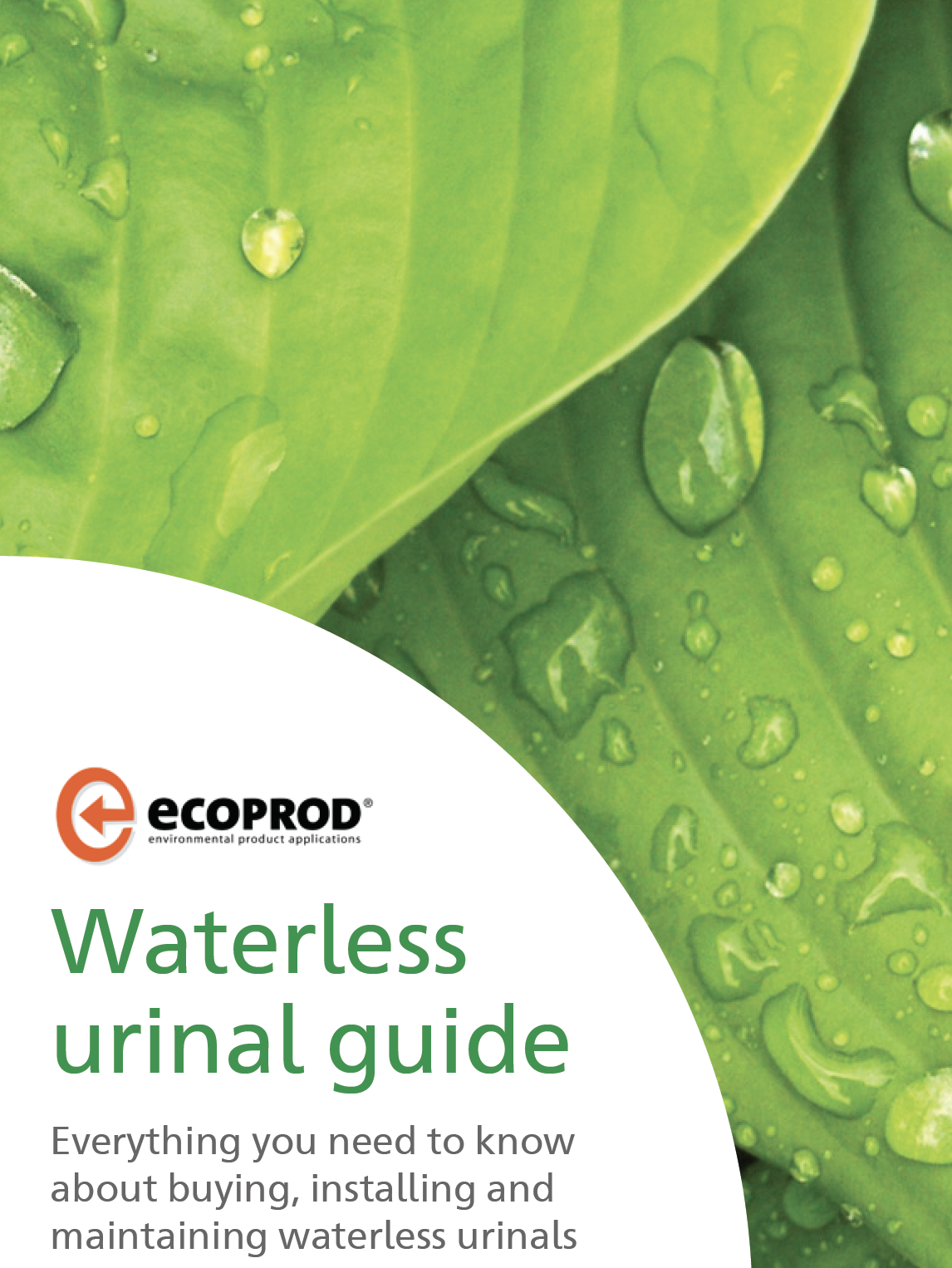


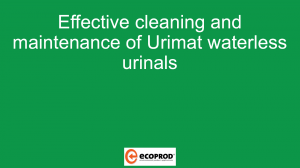





 For the last 8 years Robert Summer – Head of International Sales and Marketing – has developed structured distribution network worldwide for CONTI+ brand. The products offer great benefit for washrooms and shower rooms for public, semi-public and health sector. Today, sustainability, hygiene and smartness are key to CONTI+ solutions. Robert lives the brand and its USPs and loves to support and motivate his team on a daily basis.
For the last 8 years Robert Summer – Head of International Sales and Marketing – has developed structured distribution network worldwide for CONTI+ brand. The products offer great benefit for washrooms and shower rooms for public, semi-public and health sector. Today, sustainability, hygiene and smartness are key to CONTI+ solutions. Robert lives the brand and its USPs and loves to support and motivate his team on a daily basis.




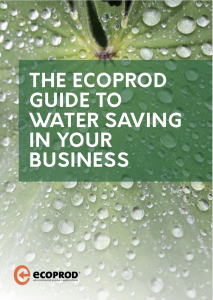
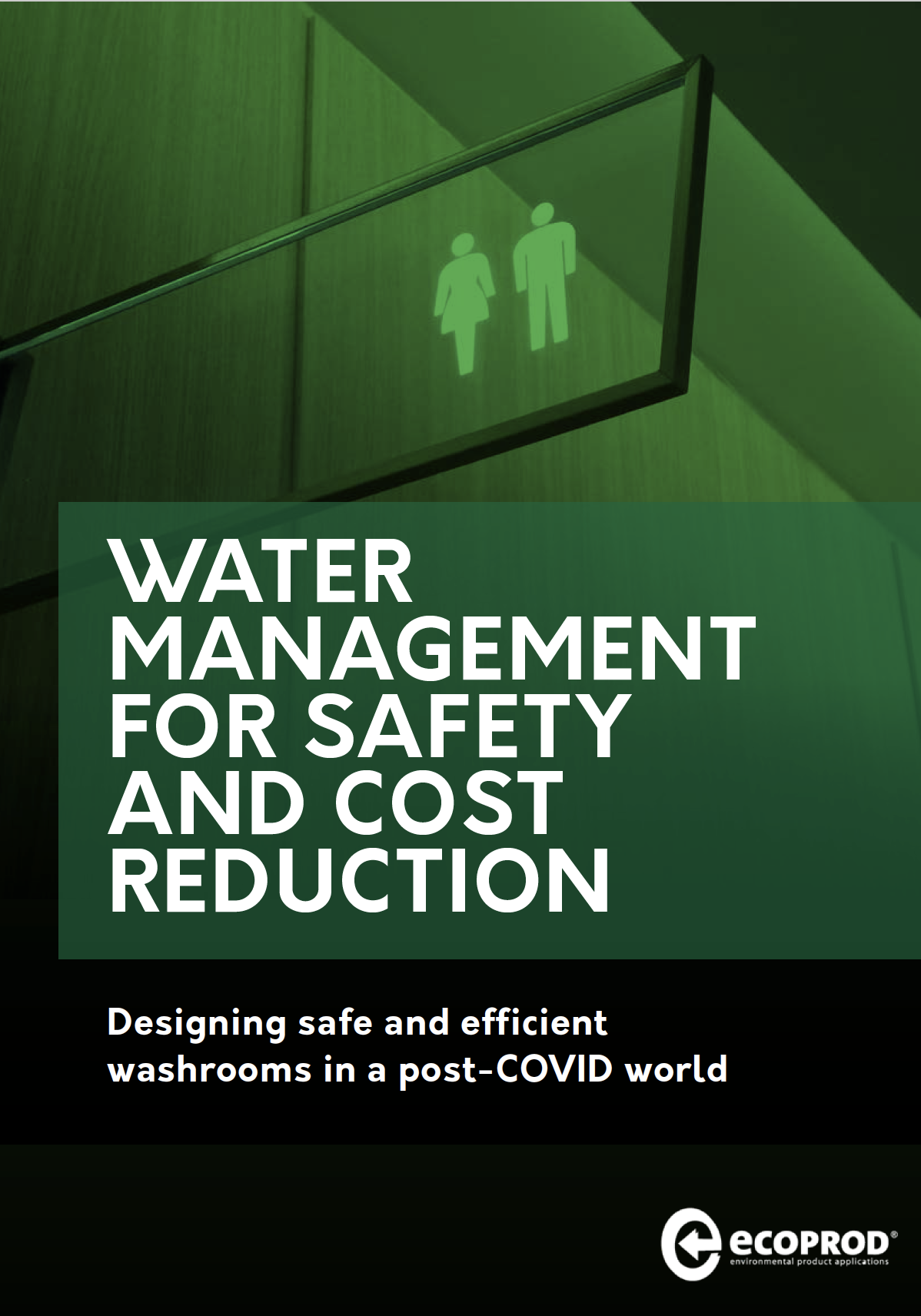


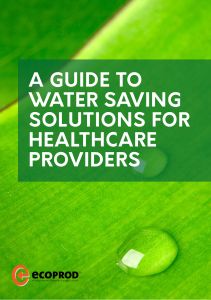
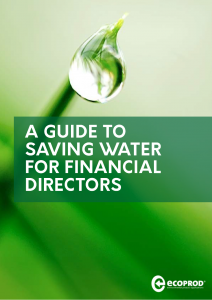
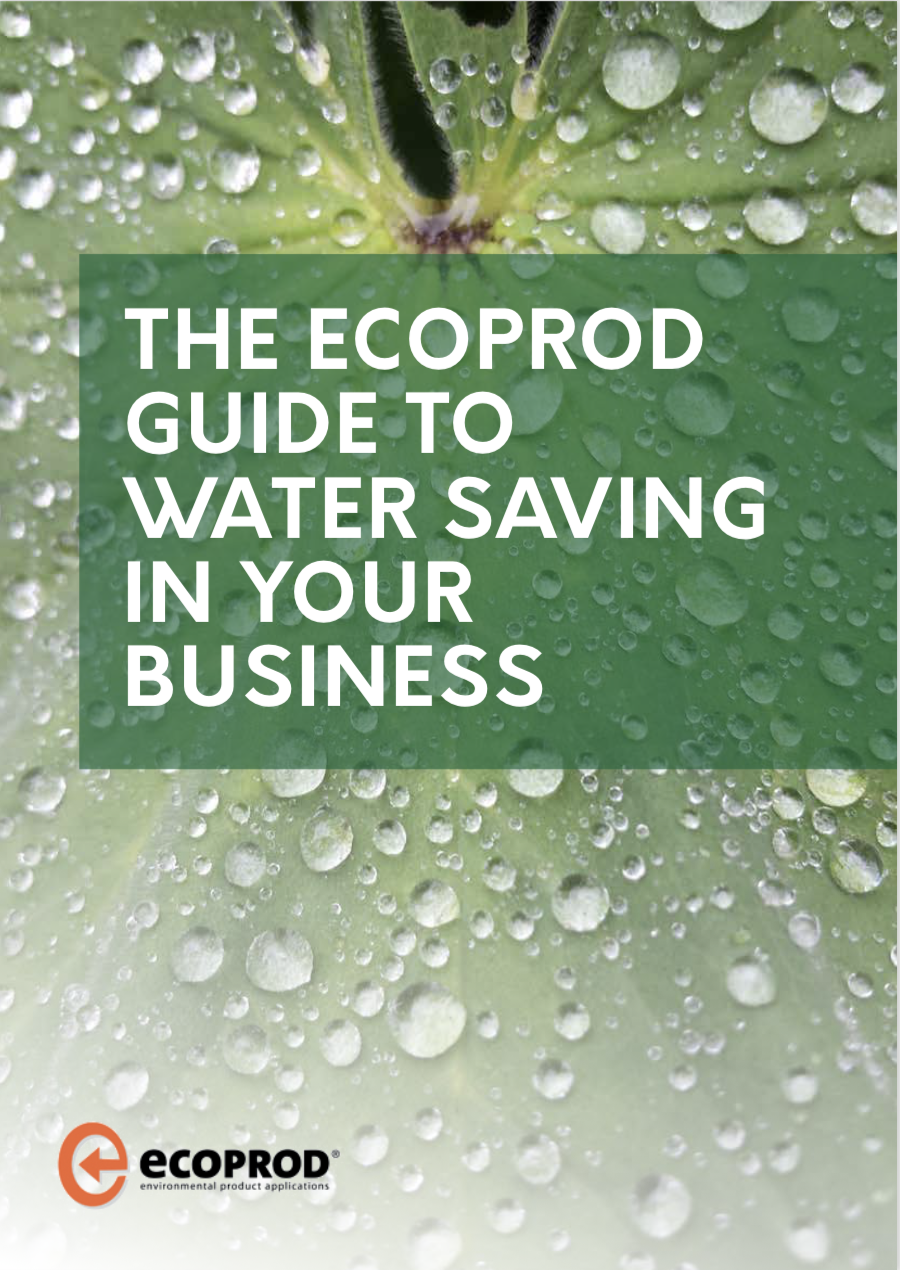
Comments are closed.